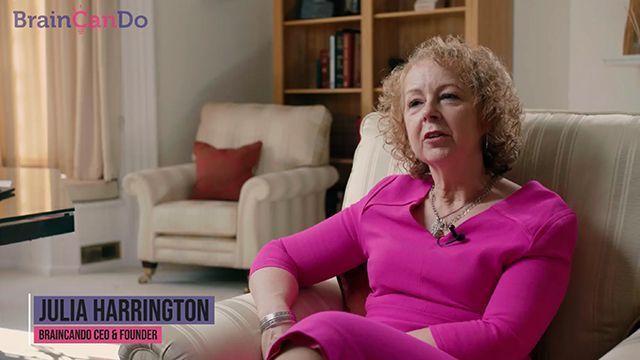How to Study Effectively
Maximise Your Learning: Four Proven Strategies for Effective Studying

From the start, it is important to recognise that the strategies that many students use are seldom the most effective. For instance:
- Do you use highlighting and/or underlining text to indicate what needs to be learned?
This does not work since knowing what to learn and learning it are not the same thing.
- Do you leave studying to the last moment and then cram all your study into a short period.
This might provide you with sufficient content to pass an exam, but it does not create sticky learning that can be used in the future. This means that you might have to relearn material that you thought you already knew.
Fortunately, there are study techniques, based on recent neuroscience research, that work to both help create memory for information to be used in exams and promote long-term learning that lasts a lifetime.
Here are four strategies that, if practiced regularly, will make your revision as effective as possible
1. Plan your studies
Plan when you will study and what topics you need to cover well before the start of the exams allows you to be in control of your revision. Make sure to build in time off to see friends and family, time to exercise and time to think.
2. Make tables, lists, mind maps or flash cards
Summarise the information you want to learn in tables, lists, mind maps and flash cards. This technique requires you to understand the topics so that you can select the key information to revise. This personalises the information and makes it more memorable. This will help you to select the material you want to remember so that it is held in working memory.
3. Test yourself on your tables, lists mind maps and flash cards.
Ask a friend or family member to test you on the content of your tables, lists, mind maps and flash cards. This will help you to encode the information in long-term memory and gives you a chance to check that the material is not forgotten. Becoming proficient at recalling this information is important in building your confidence that you remember everything and will be able to recall this when you need it.
4. Practise past papers
Use past papers to test yourself on how well you can apply all the information you have learnt in an exam situation. This allows you to be sure that you can remember the information under exam conditions. Put all your revision materials away and set a clock for the time that you will have in the exam. Then sit the paper as if you were taking the exam.
In conclusion, adopting effective study strategies is crucial for not only succeeding in exams but also retaining knowledge for the future. By planning your revision, using summarisation techniques like tables, lists, and flash cards, testing yourself regularly, and practising past papers, you can enhance both your immediate exam performance and long-term learning.
These evidence-based methods, rooted in neuroscience, help create lasting memories and ensure that you are better prepared for any challenge. With consistent practice, these techniques will make your study sessions more efficient, leaving you confident and well-prepared for exams and beyond.









